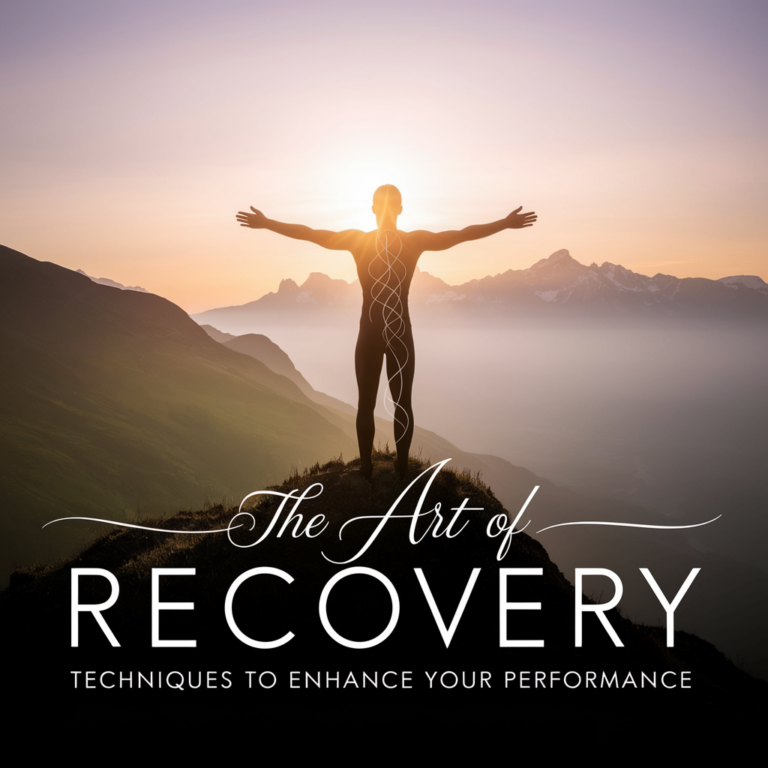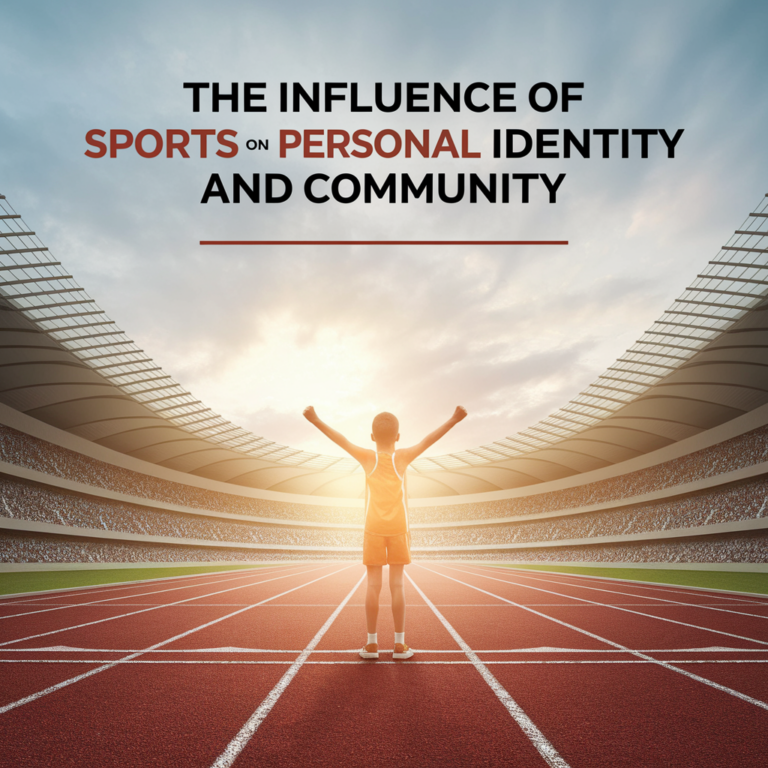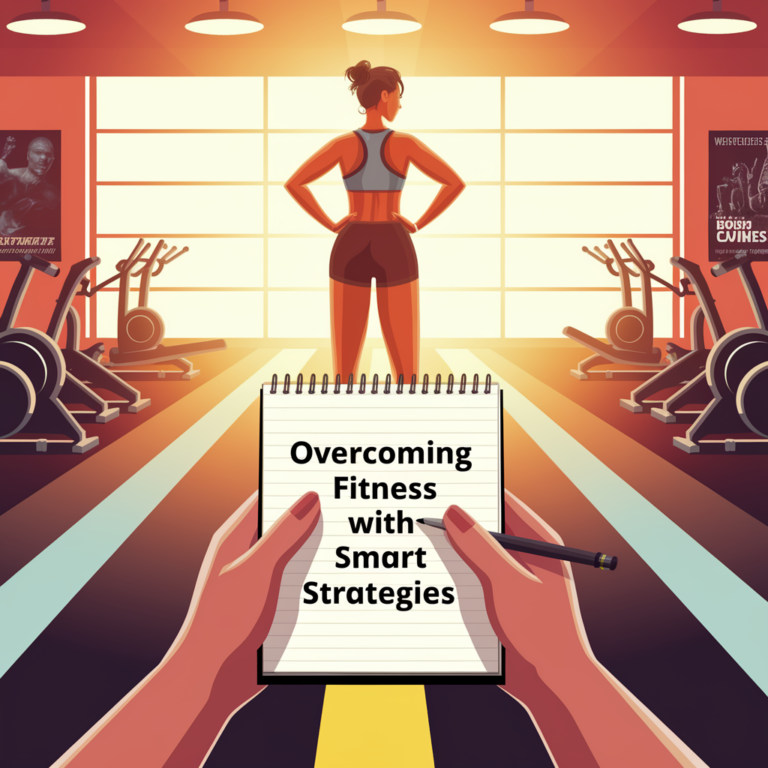Beyond the Scoreboard: The Untold Stories of Athletes’ Mental Health Journeys
You know, there’s something undeniably captivating about watching athletes compete. The thrill of a last-minute goal, the adrenaline of a sprint to the finish line, the sheer power of a slam dunk… It’s easy to get lost in the spectacle, the glory, the scoreboard. But what if I told you that there’s a whole other game being played behind the scenes—one not marked by points or medals? A game that involves resilience, vulnerability, and often, a silent struggle with mental health.
I remember once, sitting in a crowded bar on game night, surrounded by friends who were passionately debating whether a certain player was “mentally tough” enough to handle the pressure. As I sipped my drink (probably too many sips, if I’m being honest), I couldn’t shake the feeling that we were missing the bigger picture. Those athletes aren’t just faces on a screen; they’re real people, navigating the highs and lows of performance, expectation, and yes, their mental health. And I think it’s high time we dive into these often-untold stories.
The Pressure Cooker
Let’s take a moment to consider the immense pressure athletes face. From a young age, they’re often pushed to excel, to win, to be the best. I mean, remember those little league parents yelling from the sidelines? (I still cringe at the memory!) But this is just the tip of the iceberg. For many professional athletes, the stakes are even higher. Imagine being in the spotlight, with millions of eyes glued to your every move, and the weight of expectations resting squarely on your shoulders. It’s enough to make anyone’s head spin.
Take Naomi Osaka, for example. The tennis superstar has been vocal about her struggles with anxiety and depression, especially during high-pressure moments like the Grand Slam tournaments. In 2021, she made headlines when she withdrew from the French Open, citing her mental health as the reason. It was a bold move, but it also sparked a conversation about the mental toll of competitive sports. How many of us would have the courage to prioritize our mental health over a trophy?
Breaking the Stigma
And here’s the thing: mental health in sports is often shrouded in stigma. Many athletes fear that admitting to mental health struggles might be perceived as weakness. I mean, can you imagine? You work your entire life to build this tough, invincible persona, only to be seen as “soft” because you’re dealing with anxiety or depression? (Ugh, the irony!) But it’s time to change that narrative.
Kevin Love, an NBA player for the Cleveland Cavaliers, has been a champion for mental health awareness. He openly shared his experiences with panic attacks and anxiety, creating a ripple effect that encouraged others to speak up. His bravery not only resonated with fans but also gave fellow athletes the space to share their own journeys. It’s like this unexpected but much-needed wave of honesty washing over the sporting world—refreshing, isn’t it?
The Dark Side of Fame
Of course, not all stories have a happy ending. The truth is, fame can be a double-edged sword. On one hand, athletes can achieve incredible things and inspire millions. On the other hand, they can also feel isolated and overwhelmed by the very spotlight they once craved. I mean, who wouldn’t struggle with that? It’s like being on a roller coaster that only goes up, up, up, with no chance to catch your breath.
Consider the case of former NFL player Brandon Marshall. He faced significant challenges with his mental health, including borderline personality disorder. His journey wasn’t a straight line; it was filled with ups and downs, setbacks, and triumphs. But what’s inspiring is how he turned his pain into purpose, advocating for mental health awareness and creating organizations to help others facing similar struggles. (Go, Brandon!)
Finding Support
So, how do athletes navigate these turbulent waters? It often starts with having a support system—a team (both on and off the field) that encourages open dialogue about mental health. I’ve noticed that many teams are beginning to prioritize mental health resources more than ever before. They’re hiring sports psychologists, offering wellness programs, and fostering an environment where talking about feelings isn’t just allowed, but encouraged. (Aren’t we all just a little relieved to see this shift?)
For instance, the NBA has implemented mental health initiatives, including the “Mental Health and Wellness” program, which aims to provide players with the tools to manage their mental well-being. And it’s not just the big leagues; even younger athletes are now more aware of the importance of mental health. I can’t help but think how much better off we’d all be if we’d had these conversations earlier…
The Role of Social Media
Now, let’s chat about social media for a minute. It can be a blessing and a curse. On one hand, it allows athletes to connect with fans and share their stories. On the other hand, it can amplify the pressure to perform and maintain an idealized image. I mean, have you ever scrolled through Instagram and thought, “Why can’t I look that good while doing a deadlift?” (Guilty as charged!)
But here’s the kicker: many athletes are using their platforms to advocate for mental health awareness. Take Simone Biles, for example. In the midst of the Tokyo 2020 Olympics, she made the difficult choice to step back from competition for her mental health. Her decision sparked a global conversation about the importance of prioritizing mental well-being over competition. It was a defining moment, not just for her, but for athletes everywhere. Honestly, can we get a round of applause for that?
The Road to Recovery
Recovery isn’t linear, and that’s something I think we all need to remember. For athletes, the journey can be particularly challenging as they try to balance their mental health with the rigors of training and competition. It’s like trying to juggle flaming swords while riding a unicycle. (Spoiler alert: not easy!)
But recovery can also be a transformative experience. Many athletes have found that addressing their mental health challenges has made them stronger, both on and off the field. I’ve noticed how some athletes embrace practices like mindfulness and meditation to help center themselves. It’s a bit like hitting the reset button before a big game—just with a little less sweat involved.
Lessons for All of Us
As we peel back the layers of these athletes’ experiences, there’s a lot we can learn that extends beyond the world of sports. For starters, it’s okay not to be okay. Seriously. We all face our own battles, whether we’re in the public eye or not. The key is to seek help and create a support system. (And maybe find a good therapist—trust me, it can do wonders.)
Additionally, it’s crucial to foster an environment where mental health is prioritized. Whether you’re a parent of a young athlete, a coach, or just someone who enjoys a good game, we can all do our part. Let’s cheer for our favorites, but let’s also remind them that their worth isn’t solely tied to their performance. (Every player deserves a hug, right?)
Moving Forward
As we look to the future of sports, I can’t help but feel hopeful. The conversations about mental health are gaining momentum, and more athletes are sharing their stories. It’s like we’re collectively moving toward a more compassionate and understanding sporting culture. And isn’t that what we all want? To know that it’s okay to be human, to struggle, and to seek help? (I mean, if we can scream at the TV for a bad call, we can surely support someone having a tough time, right?)
Conclusion: A Collective Journey
In the end, it’s not just about the scoreboard. It’s about the people behind the numbers, the stories that shape them, and the journeys they undertake to find balance. So, the next time you’re watching a game, take a moment to consider what lies beyond the surface. Let’s celebrate not just the victories, but the courage it takes to confront mental health challenges head-on. Because, at the end of the day, we’re all in this together—cheering for our favorites, supporting one another, and reminding ourselves that it’s perfectly fine to be imperfect.
And who knows? Maybe one day, we’ll look back and see a world where athletes are celebrated not just for their physical prowess, but for their bravery in sharing their mental health journeys. Now, that’s a scoreboard I can get behind.








